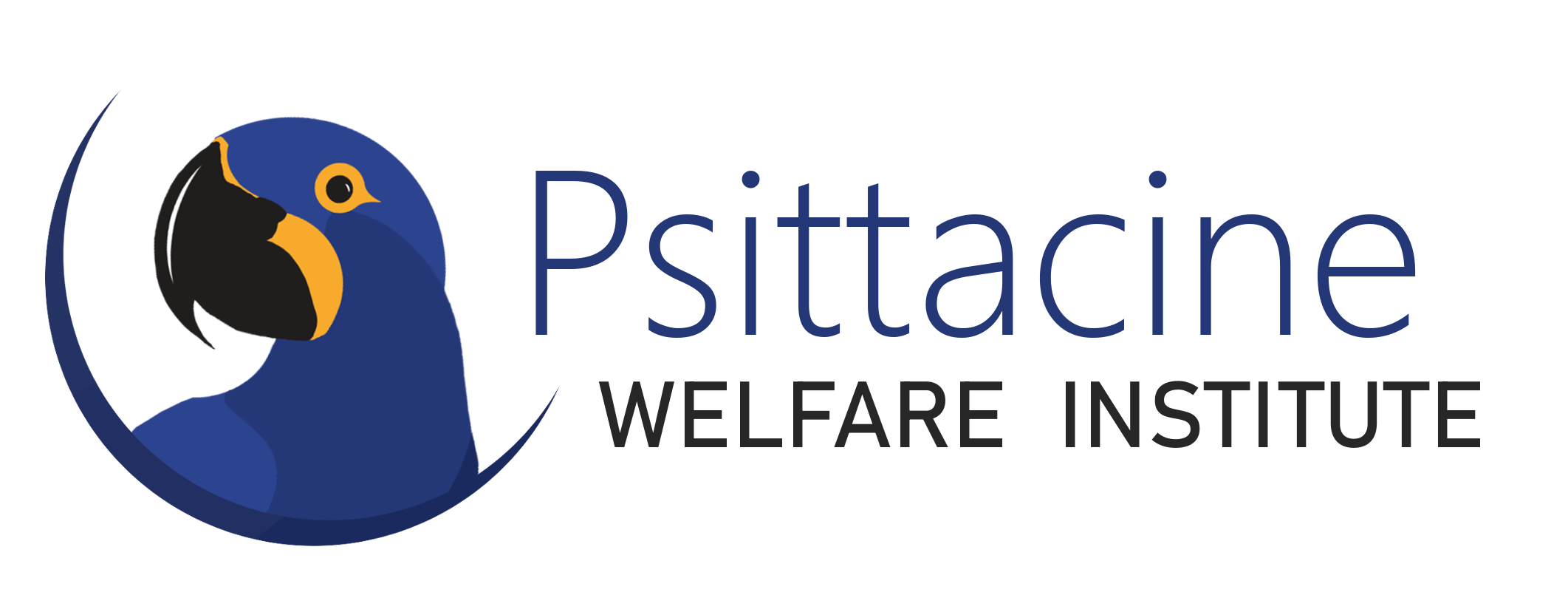AWA Amendment Position Statement
A Public Letter Regarding APHIS-2020-0068,
In reviewing the proposal to amend the Animal Welfare Act to include birds under its umbrella, and some of the over 10,000 public comments submitted under APHIS-2020-0068, we have become alarmed and disturbed at the callous selfishness that has reared its head in the wake of entirely reasonable and necessary improvements to non-existent protections for captive bird species.
To be clear, an innumerable number of commentators take issue with the low bar set for required licensing. Passed as is, it would exempt any facilities or individuals with four or less breeding females, that make less than $500 annually, and that use birds for non-exhibition personal enjoyment or research purposes. Since posting of these exemptions, the USDA has been flooded with comments insisting that non-agricultural birds should be exempt entirely from protection, that there is no evidence that bird breeding standards are suboptimal, and that less commonly kept birds should be exempt due to the complexity of their care needs. We want to be perfectly clear when we say that if these bare minimum requirements of providing: housing that “protects the bird from injury,” “clean potable water,” food that is “wholesome and free of contamination,” a clean enclosure space to “prevent soiling of the bird,” as well as safe transport; spur our industry into a protective frenzy of exemptions, then we have proven to the world by our very actions how necessary these regulations are.
Without a doubt, when considering best practice standards, the captive psittacine population in the United States is currently in crisis. The claim that the vast majority of breeders, hobbyists, pet stores, and institutes are operating at an optimal level is rooted in outdated standards that do not reflect the current body of knowledge that we have for psittacines and other captive birds. Even in this amendment, the regulations barely touch upon and at times fully omit the necessity for choice and control in the animal’s life, behavior management through positive reinforcement training, diversity and complexity of behavioral enrichment – especially foraging, species-specific behavioral needs, and advanced care standards such as ultraviolet light supplementation and flight. It is clear that these standards are rooted in the largely outdated “Five Freedoms” model of welfare developed for agricultural animals in the 1960s to reduce aversive care, but offer little to encourage positive opportunities for the animal. That these specific standards should spur the community into a frenzy of self-preservationism speaks volumes to our priorities in regards to the animals under our care.
As the Founder and Executive Director of the Psittacine Welfare Institute, an organization whose sole mission and purpose is to improve the welfare of psittacines (parrots), I strongly urge APHIS to consider the impact of further exemptions. It is jarring to me that we would consider our purpose for rearing an animal or holding an animal, to be in any way relevant to the level of care they should receive. It is my belief, and the belief of the Psittacine Welfare Institute, that all psittacines deserve the opportunity to live a life free of suffering and full of opportunities to thrive regardless of their purpose within our socioeconomic system. When considering the current best practice standards that we have set forth for parrot welfare under consultation of world-renowned avian certified veterinarians, nutritionists, and caretakers; it is without question that the breeding, hobbyist, and agricultural industry is largely failing birds as a whole. The single greatest action we can take to improve both critically declining populations of wild parrots and the abysmal conditions many companion birds find themselves in, is to discourage the irresponsible ownership of these animals. These proposed standards operate as a start in preventing the growth of the irresponsible branches of the industry and in protecting the basic freedoms these birds deserve. For this reason, the USDA should plant their feet firmly and refuse to concede further exemptions. In closing, I will gladly lend any counsel or resources that my organization or myself can offer to APHIS in regards to the improvement of bird welfare. We stand as a staunch supporter of this amendment, as should all avian professions who believe that animal welfare is a priority in this country.


